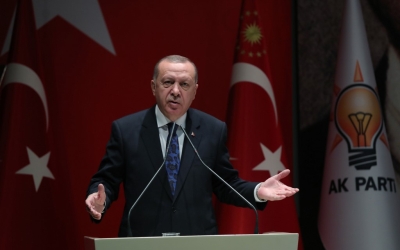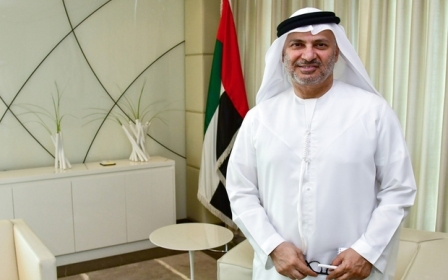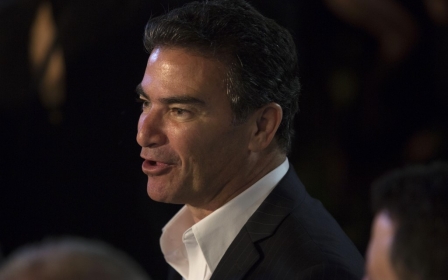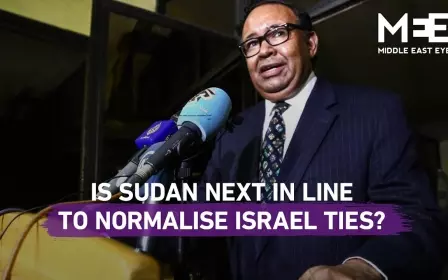Arabic press review: UAE mediates between Sudan and Israel in wake of normalisation deal
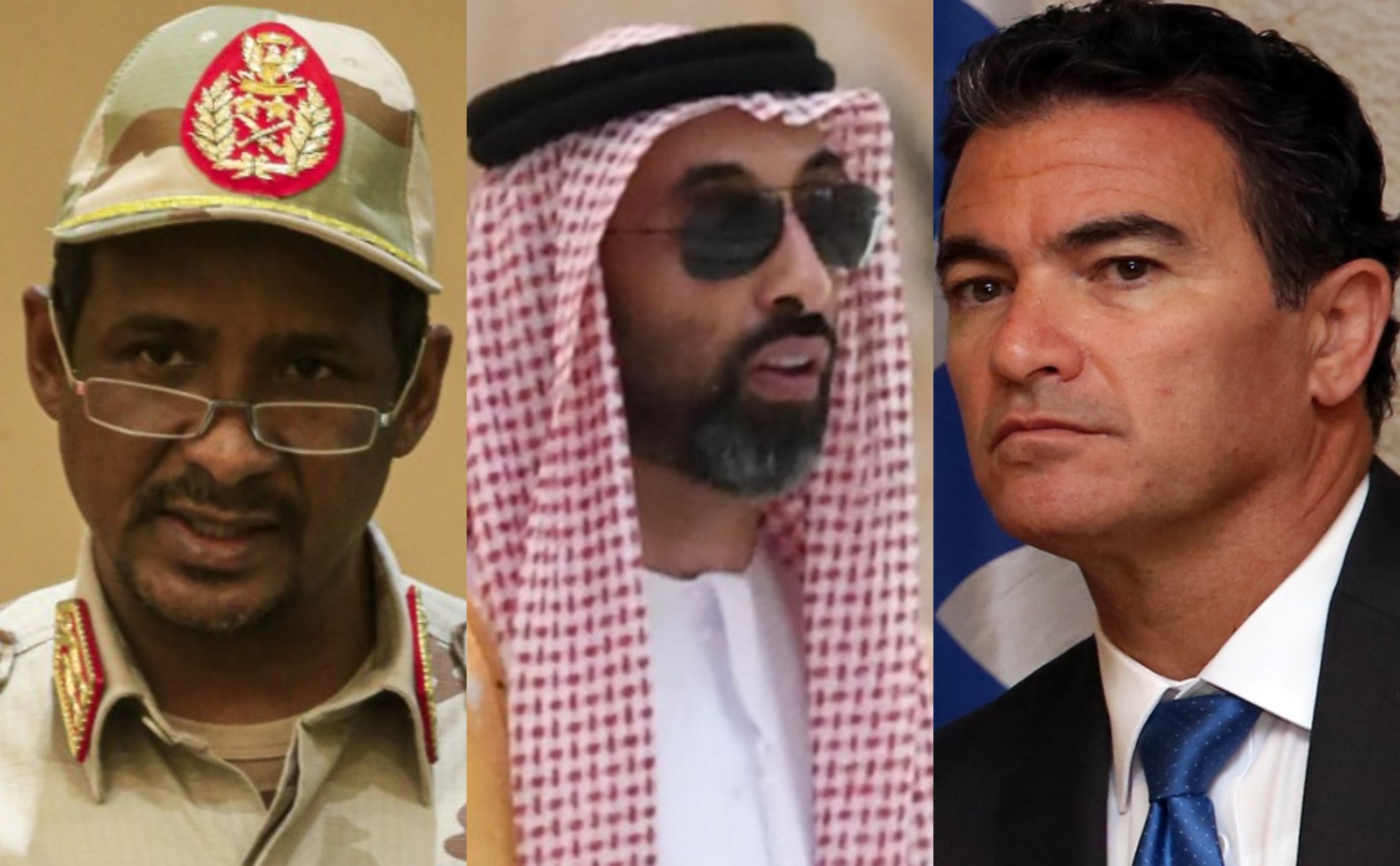
UAE mediates between Sudan and Israel: Reports
The United Arab Emirates recently arranged an unannounced meeting between the vice president of the Sovereignty Council of Sudan, Commander of the Rapid Support Forces Mohamed Hamdan Dagalo (Hemeti) and the head of the Israeli Mossad, Yossi Cohen, to discuss prospects for normalisation with Israel, according to the London-based newspaper Al-Araby Al-Jadeed.
Sources told the paper that the meeting was attended by high-ranking Emirati officials, including Tahnoun bin Zayed, the UAE national security adviser. They also underlined that there was a demand on the part of the Sudanese military to develop the level of relations with Israel, stressing at the same time that "the Emirati role is decisive in accelerating the spread of this attitude among a number of Arab governments and officials".
However, the spokesperson for the transitional Sovereignty Council, Mohammed al-Faki Suleiman, denied knowledge of any information about a meeting between Hemeti and Cohen.
He said the Sovereignty Council had not discussed anything in this respect recently, according to Al-Araby Al-Jadeed.
Suleiman said an agreement had taken place between the Sovereignty Council, the Council of Ministers and the Forces of Freedom and Change in February, following the meeting between the chairman of the Sovereignty Council Abdel Fattah al-Burhan and Israeli Prime Minister Benjamin Netanyahu.
The agreement reportedly handed over the entire file to the executive authority, represented by the Council of Ministers, to look into and evaluate, considering that managing the foreign relations file was an executive and not a sovereign matter, according to the text of the constitutional document.
Turkey and Iran may cooperate 'to counter UAE-Israel alliance'
A Turkish expert said the normalisation of ties between the United Arab Emirates and Israel primarily aims at strengthening anti-Ankara mobilisation in the region, indicating that "Turkey may resort to cooperation with Tehran to confront the potential dangers arising from the agreement", according to Arabi21.
The deputy director of the Centre for Diplomatic Affairs and Political Studies, Ahmed Ashjan, pointed to signs of possible coordination between Turkey and Iran that he described as "operational" and may start within weeks.
Ashjan added that the region had witnessed steps that reflected the "will and strength" of Turkish-Iranian coordination twice - "the first at the beginning of the Gulf crisis and the blockade of Qatar, and the second in the face of the separation project in northern Iraq".
"This normalisation deal could awaken the dragon once again: Turkey with its strength and its status among the peoples of the region, and Iran through its dynamic proxies and regional threats to the Gulf," he said.
Top Kuwaiti security official arrested over 'eavesdropping'
Kuwaiti Interior Minister Anas al-Saleh said the director of state security, the former director of the anti-money laundering department, and a number of officers had been arrested for allegedly spying on citizens.
On Wednesday, recordings attributed to the director of state security and the son of a former senior official spread on social media in Kuwait, which included eavesdropping on some Kuwaitis.
A number of Twitter accounts circulated a video clip showing a meeting between security officials talking about monitoring the accounts of some figures in the country.
In a post on Twitter, Saleh said that he took action upon learning about the recent leaked recordings, which dated back to 2018.
"We are waiting for the final results in the coming hours regarding the eavesdropping, which is a totally unacceptable behaviour," he said.
Saudi officials fired over corruption accusations
On Friday morning, Saudi Arabia announced that an official had been forcibly retired and a number of other officials dismissed due to "illegal encroachments on lands overlooking the Red Sea", according to the official Saudi news agency.
According to a royal decree cited by the agency, the National Anti-Corruption Commission was currently tasked with investigating all the accusations.
The royal decree ordered the sacking of the officials based on reports by the Royal Commission for Al-Ula governorate regarding irregular encroachments on the lands of the Red Sea, including irregular settlements and unauthorised camps that have greatly impacted the completion of tourism projects in the area and caused environmental damage.
The dismissed officials included the governors of the Red Sea cities of Umluj and al-Wajh, the head of border security and officials from the interior ministry.
*Arabic press review is a digest of reports that are not independently verified as accurate by Middle East Eye
Middle East Eye delivers independent and unrivalled coverage and analysis of the Middle East, North Africa and beyond. To learn more about republishing this content and the associated fees, please fill out this form. More about MEE can be found here.


